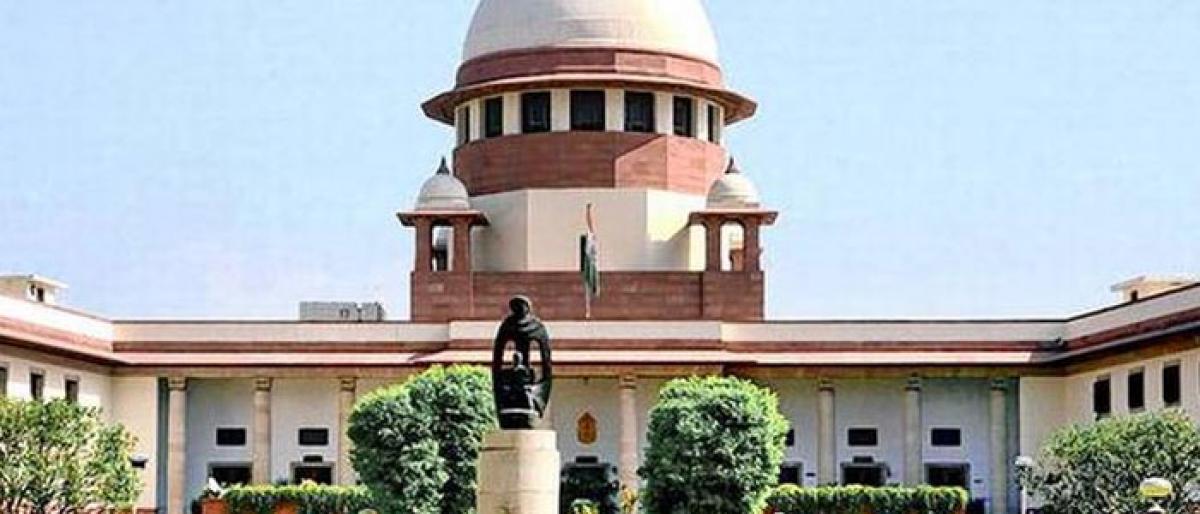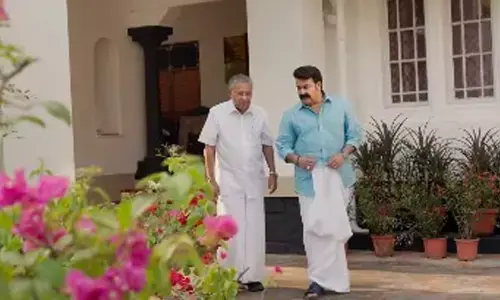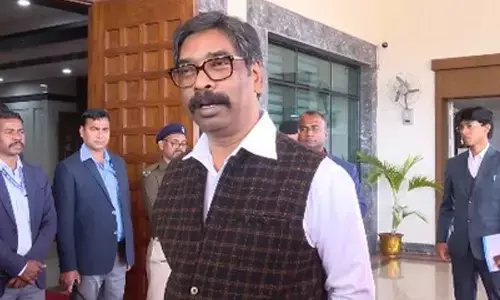Appointment of apex court judges

The Supreme Court Collegium has reiterated its recommendation to elevate Justice K M Joseph, the Chief Justice of Uttarakhand High Court, to the Supreme Court The top court collegium reiterated its January 10 recommendation at its meeting on July 16
The Supreme Court Collegium has reiterated its recommendation to elevate Justice K M Joseph, the Chief Justice of Uttarakhand High Court, to the Supreme Court. The top court collegium reiterated its January 10 recommendation at its meeting on July 16.
The Centre had invoked the principle of seniority saying that Justice Joseph stood at number 42 of the seniority of the High Court judges. Besides this, it had said that Kerala High Court being comparatively a small court with a sanctioned strength of 42 judges was a parent high court for Supreme Court judge Justice Kurian Joseph, Chief Justices of three High Courts – Justice K M Joseph himself (Uttarakhand), Justice T B Radhakrishnan (Chhattisgarh) and Justice Antony Dominic (Kerala). But the Centre's contention is now rejected by the Collegium.
The judges of the Supreme Court are appointed by the President under clause (2) of Article 124 of the Constitution. The Chief Justice of India would ascertain the views of the senior most judge in the Supreme Court, who hails from the High Court from where the person recommended comes, but if he does not have any knowledge of his merits and demerits, the next senior most Judge in the Supreme Court from that High Court should be consulted.
The requirement of consultation with a Judge of the Supreme Court would not be confined to that Judge only who has that High Court as a parent High Court and, therefore, would not exclude Judges who have, on transfer, occupied the office of a Judge or Chief Justice of that High Court.
After receipt of the final recommendation of the Chief Justice of India, the Union Minister of Law, Justice and Company Affairs will put up the recommendations to the Prime Minister who will advise the President in the matter of appointment. If the Central government has any reservation, it shall convey to the SC and return the recommendation.
But once the Collegium reiterates its decision, it shall be final. In the First Judges Case in December 1981, the SC had ruled that if a dispute arose between the judiciary and the executive over appointments of judges, the latter would have “ultimate power.” Supreme court judges retire at the age of 65.











